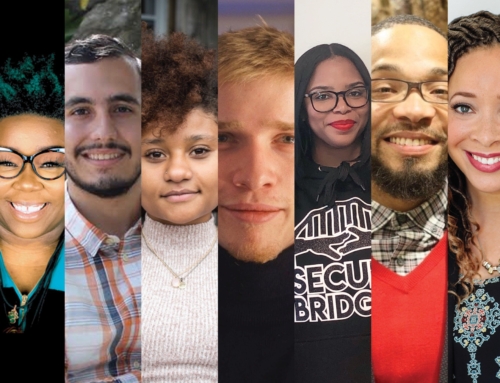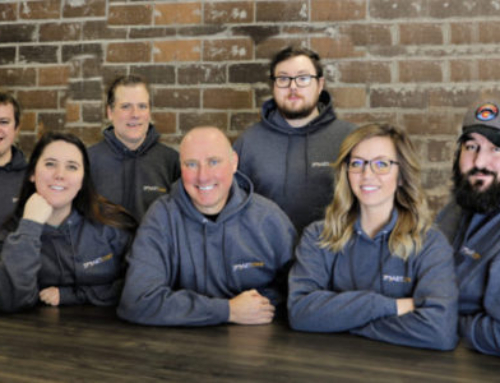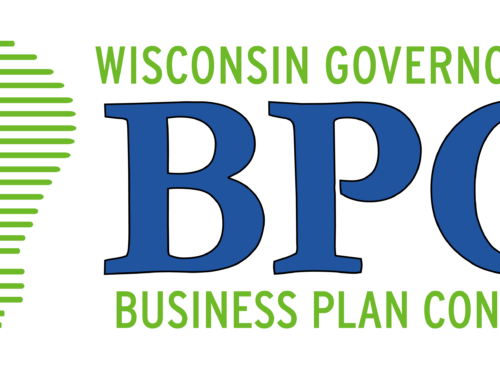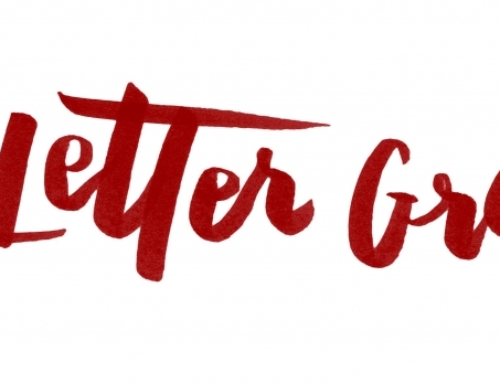Entrepreneurs looking to find more ways to expand their business past the usual government-funded SBIR or STTR grants should consider Madison-based business owner Justin Reed;’s advice.
Reed’s company, C-Motive, founded in 2012 with Dan Ludois and Micah Erickson, is attempting to rethink the electric motor by using an emphasis on lightweight, recyclable materials. Reed and his partners decided to apply for WEDC’s SBIR Advance matching grant program after a friend at the UW-Extension Center for Technology Commercialization touted its benefits. Soon after, the company founders were notified that they were selected for the program.
“It’s a great resource,” Reed said. “Squeeze all you can out of it. And if you try really hard, you will get a lot out of the program.”
The additional funding allowed them to pay for things that were prohibited by their National Science Foundation SBIR Phase 1 grant, including paying for expensive patents and other costs outside of research and development, Reed said.
The program also provides Lean Startup training for winners to improve and refine their business plans. In Reed’s case, the training showed C-Motive that their target market of utilizing the motors in wind turbines should be more of a long-term goal than a short-term goal, and the partners refocused and picked a much more suitable starting target segment.
“The Lean Startup training was very valuable for both myself and my colleague since the two of us are running the business side of the company,” Reed said. “So it’s been very helpful to know what types of questions to ask. We learned it’s all about getting direct feedback from potential customers or end users.”
Businesses and entrepreneurs looking for assistance outside of their government-funded SBIR Phase 1 or Phase 2 grants can apply for the SBIR Advance matching grant program’s next round, which will accept applications through May 15. Preference will be given to companies that are first-time SBIR/STTR recipients.









FOLLOW US